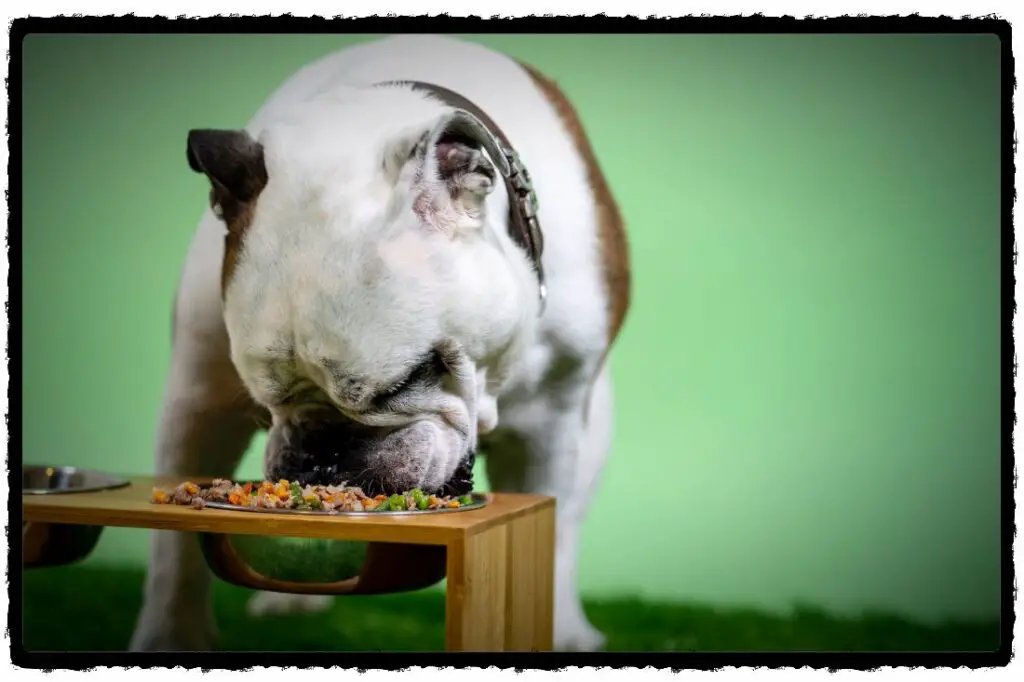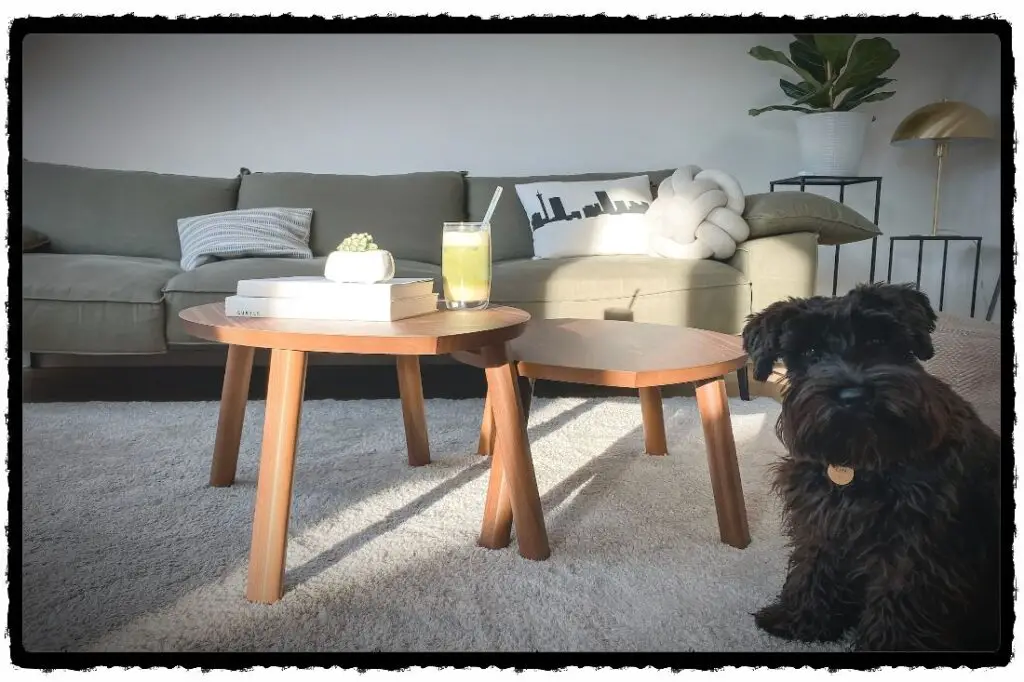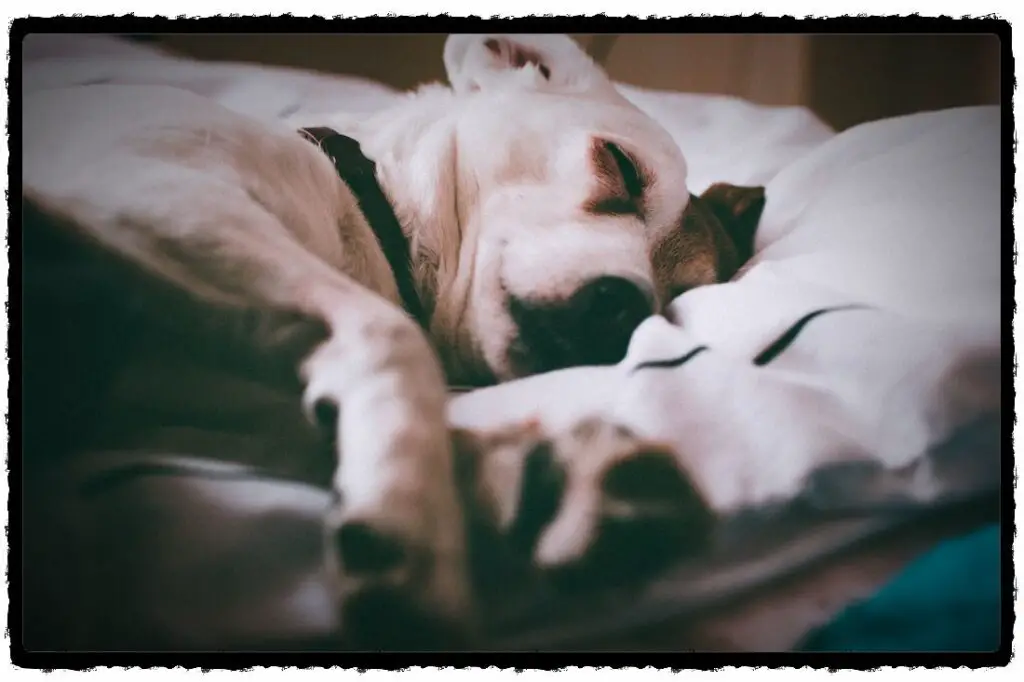Dog constipation is a common problem that affects many dogs. Make sure you know the potential signs and symptoms your dog is experiencing, and learn what you can do to assist your dog in returning to its normal life.
Dog constipation is not precisely the type of hardship you anticipate when you first become a dog owner, but it is one that you will almost certainly encounter at some point in your dog’s life. This is why we urge that you become familiar with the indicators, the causes, and the things you can do to help your dog through the painful period. Here’s a quick and dirty guide on canine constipation that everyone should know.
What Are the Signs and Symptoms of a Constipated Dog?
Constipation is not the same as your dog taking an excessive amount of time to find a comfortable area to potty (but there are some ways you can encourage your dog to poo and pee more quickly).
While that can be exhausting (especially during your late-night walks), constipation is a severe health concern, and your dog will exhibit several noticeable indicators that he is experiencing difficulty, including the following signs:
- Strange Vocalizations: Your dog may be whinier and more loud than usual when he’s constipated as a result of the discomfort caused by the buildup. He may also signal to go outside more frequently when he’s constipated.
- Lack of Pooping: Pets ideally poop daily, but a lack of poops for 48 hours or longer is a surefire symptom of a furry buddy who is behind on his or her business.
- Straining: A constipated dog will spend an excessive amount of time crouching and straining in an attempt to pass stool, with little or no success.
- Discomfort Signs: If your dog avoids stomach rubs or is moving unusually when you try to touch his abdomen, he may be suffering from a medical condition. This contrasts with emergency scenarios such as bloating, which can result in a distended abdomen, retching, panting, and other symptoms such as nausea and vomiting. It’s always best to err on the side of caution and see your veterinarian, especially if you have an overweight breed like a Great Dane that is prone to bloat.
- Reduced Appetite / Food Refusal: Because everything has come to a grinding halt, your normally chow-happy canine may become disinterested in eating.
Other indicators of canine constipation include the following:
- Painful defecation
- Mucus with stool
- Hard, pebble-like stool
- Bloody stool
- Difficult defecation
Constipation in Dogs: What Causes It?
Despite the fact that constipation is relatively common, it is crucial to understand why it occurs to avoid it in the future. It is possible that the cause is something fairly innocuous, such as a lack of exercise, or that it is something more serious.
Constipation in dogs is typically caused by one of the following:
- Inadequate Exercise: A lack of exercise might cause your dog’s feces to move at a glacial pace. Include a daily walk in your pup’s routine to help with his digestion and help with his entire well-being, which includes his mental health, weight, and mobility of his joints.
- Trauma / Injury: Any trauma to the abdomen might cause digestive tract damage in your dog and should be treated by a veterinarian to rule out internal bleeding and other possible problems.
- Dehydration: If your dog isn’t staying hydrated by drinking enough water and eating enough moisture in his diet, he may become constipated. All of the time, your dog should have access to fresh drinking water. As he grows older, he may require a small amount of moist or canned food in his diet to keep things going.
- Anxiety: Stress constipation, like stress diarrhea, can rear its ugly head in the midst of a harried four-day. Dog’s Stress symptoms differ from dog to dog, ranging from hiding to shaking.
- Medications: Constipation can be caused by the side effects of some medicines. Always read the labels on your dog’s medication, so you know what to look out for.
- Ingestion of Hair: When hair is consumed, it can clog the puppy pipeline. Just as it can with any foreign body. Some dogs like chewing on their own fur during grooming, while others may self-groom to the point of causing stomach trouble.
- Obstruction:. Ingestion of non-edible objects such as socks, diapers, tampons, plastic,. Or other non-edible materials might result in a bowel obstruction in your dog,. Which can be life-threatening. All obstructions are considered emergencies and should be handled by a veterinarian as soon as possible. Even though obstructions do not technically cause constipation, they will nevertheless keep your pet from pooping. Making it necessary to be aware of this potential.
- Joint Pain or Movement Concerns: Dogs suffering from joint pain or mobility issues may have difficulty “taking the position,”. Making a productive poo an impossibility.
- Spinal Injury or Pain:. Serious pain in the lower spine and pinched nerves might cause your dog’s digestive tract to slow down. And make it difficult for her to push and evacuate properly, resulting in a clogged intestine.
- Enlarged Prostate: The presence of an enlarged prostate can cause constipation in addition to impeding urine flow. An enlarged prostate can also exert pressure on the colon, leading it to become inflamed. If your male dog has been crouching or lifting his leg for an extended period of time with little or no sprinkle. A visit to the veterinarian is recommended.
- Rectal Abscesses: Swollen anal glands make going to the bathroom a painful experience for your dog. The initial symptom of the issue is often butt-scooting over the ground. Still, abscesses can grow and burst if left untreated, resulting in a bloody discharge from the affected area. It is essential to contact your veterinarian as soon as you notice any signs of scooting.
- Other medical conditions: A variety of neurological, intestinal, and hormonal illnesses might impair your dog’s ability to go to the bathroom consistently. In the case of persistent constipation, something more serious, such as one of these disorders, may be at fault.
When To Take a Constipated Dog to the Vet?
It is recommended that you contact your veterinarian as soon as you become aware of the condition. Constipation can be a symptom of a number of potentially fatal disorders.
Obstipation is a condition that occurs when there is a buildup of dried fecal matter in the colon, which is caused by long-term or chronic constipation. This may lead to the development of another illness characterized by an inability to defecate normally – megacolon — in the future. The colon may get bloated and lose its ability to transport excrement. Chronic constipation is both a contributing factor to and a symptom of this condition.
Before visiting the veterinarian, make sure you have as much information as possible, including:
- Injuries
- Any non-food stuff that the dog may have consumed (this can include anything from bones to kitty litter)
- The color and consistency of the stool
- Modifications to the dog’s diet or daily routine
- Previously used medicines
- Straining or discomfort duration while attempting to go
- When was the most recent time your dog had a regular bowel movement?
There may be other indicators of anxiety or discomfort, such as vomiting, tiredness, or an appearance of being bloated.
The following procedures may be performed during the veterinary examination, depending on the duration and severity of the symptoms:
- Palpation of the abdomen
- Rectal examination
- Abdominal radiographs (radiographs of the abdomen)
- Enema
- An ultrasound or a colonoscopy may be required.
- Complete and accurate blood count
- Urinalysis
- Neurological examination
Treatment and prevention of constipation in dogs
The majority of instances will resolve with simple therapies such as increasing liquid intake and dietary fiber intake, and increasing physical activity. Laxative suppositories and enemas may be beneficial, but they should only be administered under the supervision of a veterinarian, particularly if they are required for an extended period of time.
The following medical procedures will be required in more severe cases:
- Manual removal of feces that has become impacted
- A medication that either stimulates normal intestinal function or inhibits the development of specific enzymes.
- Surgery may be required in challenging and uncommon situations, typically involving megacolon. A colectomy may be done. Colectomy is a surgical procedure in which parts of the colon are removed in one or more stages.
Constipation will be a rare problem for most dogs, and it can be kept under control by feeding them a well-balanced diet, providing them with access to freshwater, and engaging in regular exercise.
When your dog is constipated, you should avoid the following:
There is a lot of erroneous information available on the internet concerning home remedies and treatments for canine constipation. It is critical to realize that you should always consult with your veterinarian before delivering any medication to your dog.
- Enemas
Enemas should only be provided by a veterinarian and should not be performed at home. Because there is a significant danger of damage or even poison involved, professionals must handle this process.
- Milk
Because many dogs are lactose intolerant, some believe that milk is an effective at-home therapy for dog constipation since it has laxative properties. On the other hand, milk can cause Diarrhea and is not recommended because it might lead to severe health concerns in and of itself.
- Laxatives
Laxatives and stool softeners should only be used under the supervision of a veterinarian. Human laxatives should never be given to a dog because they will be far too strong for them and may cause difficulties.
Dog constipation can affect a wide range of dogs, but it is treatable with the proper medication. It is also preventable, so make sure your dog receives plenty of water and exercise regularly and that their diet contains a healthy amount of fiber in a balanced ratio. Unfortunately, constipation in dogs is simply one of several digestive problems that can affect dogs.
Best Home Remedies for Dog Constipation
If your dog is suffering from periodic constipation, you may treat it at home with a few simple steps to get the poop chute back in working order. Keep in mind to consult with your veterinarian before administering any home remedies.
Among the simple fixes are the following:
- Olive oil: Adding a fair bit of olive oil to your dog’s food can frequently make all the difference in the world. But be careful not to overdo it! Diarrhea can be caused by consuming too much olive Diarrhea can be caused by drinking too much olive oil.
- Psyllium seed supplements: Constipation in dogs can be treated with psyllium seed supplements, just as it can be treated in humans. Choose safe formulations for dogs and always read the label before purchasing to prevent artificial sweeteners and other potentially toxic additions. To avoid increasing constipation or perhaps causing an obstruction, it is essential to take psyllium at the recommended dosage and to drink plenty of water while taking it.
- Exercise: Increase the amount of time your furry buddy spends exercising to help loosen up the congestion down below. Going for a stroll or jog can help get his digestive system back in motion and work correctly.
- High-fiber dog food: Some dogs, particularly senior dogs, may require a high-fiber diet to maintain regularity, as fiber helps keep the digestive system functioning smoothly. Consult with your veterinarian before making a move because too much fiber might cause constipation or worsen an existing problem. You might also think about switching to high-fiber dog treats if your dog is prone to constipation.
- Encourage your dog to drink more water: Encouraging your dog to drink more water will aid in breaking up the belly bound. In addition to making sure your dog’s usual water bowl is always complete, you could consider purchasing him a doggy water fountain, which many canines find more appealing than flat, still water. Adding a dash of broth to your dog’s water can also help to make it more palatable for him.
- Canned food: Increasing the amount of canned food in your dog’s diet can provide more moisture, which will help to alleviate constipation. The key to making any food change is to do so gradually and steadily. You don’t want to make the changeover all at once, as this can cause stomach problems.
- Dog probiotic supplements: Dog probiotic supplements help to improve the overall health of your pup’s digestive system. These supplements aid in the restoration of a natural equilibrium to the stomach, which can aid in the maintenance of regularity. While you’re at it, consider using an over-the-counter dog stool softener to assist with the problem.
- Canned Pumpkin: The canned pumpkin puree is an excellent belly issue tonic, and it can genuinely assist in relieving constipation or Diarrhea when consumed in moderation. Make sure, however, that you do not acquire pumpkin pie filling by accident. The spices and sugars that have been added are not suitable for your dog.
Tip: Remember to provide potty breaks as needed when using home remedies
Read More: UTIs In Dogs/Puppies – Signs, Remedies, Treatment & Prevention
Medical Conditions That Might Be Hindering Puppy’s Potty Training
(Note: This article is reviewed and approved by a Veterinarian doctor Muqeet Mushtaq DVM (UVAS). However, this website provides information only, we disclaim any liability for your reliance on any opinions or advice contained on this website. So, we highly recommend visiting your dog’s vet and consult him for an opinion and treatment. Please read our disclosures and disclaimers here)






